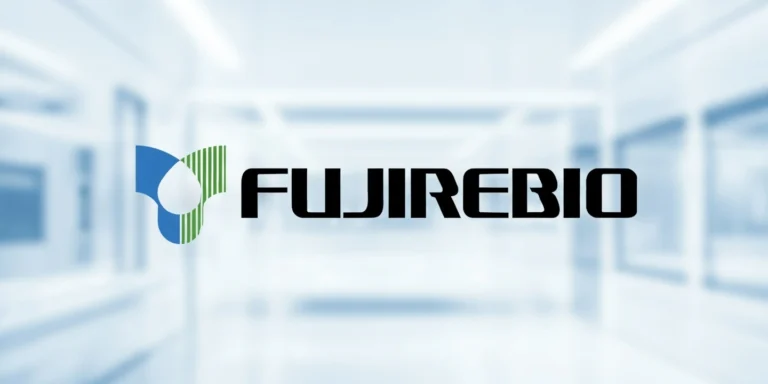
UroGen Pharma Ltd. (Nasdaq: URGN), specializing in innovative treatments for urothelial and specialty cancers, highlights findings from a sub-analysis of real-world patient data on JELMYTO (mitomycin) for pyelocalyceal solution. Presented at the American Urological Association Meeting 2024 in San Antonio, TX, the study outlines a stepwise approach to retrograde administration of JELMYTO. Results show a 60% complete response rate in patients (n=20), with only 25% requiring ureteral stent placement, a lower rate compared to the pivotal OLYMPUS study.
“Khurshid Ridwan Ghani, MBChB, MS, FRCS, Director of Michigan Urological Surgery Improvement Collaborative and Professor of Urology, underscores the FDA-approved safety and efficacy of retrograde JELMYTO administration for low-grade upper tract urothelial cancer. The study presented at the American Urological Association Meeting 2024 showcases a stepwise approach to retrograde administration, demonstrating positive efficacy and safety outcomes, with the procedure typically performed under local anesthesia. Notably, the complete response rate observed in the real-world study mirrors that of the OLYMPUS pivotal trial, with a lower ureteral stent placement rate.
In the OLYMPUS trial, all patients (n=71) received retrograde JELMYTO administration, with 58% (n=41) achieving a complete response. Ureteric obstruction was reported in 58% (n=41) of patients, with 88% (n=36) of those receiving subsequent ureteral stent placement. For more information on JELMYTO administration, consult the JELMYTO Instructions for Administration accompanying the Full Prescribing Information.
In this retrospective real-world study of 20 patients, with a mean tumor burden of 1.67 cm, retrograde JELMYTO administration demonstrated a 60% complete response rate. Additionally, 35% of patients received at least one dose of monthly maintenance therapy, with four remaining tumor-free at 14.25-month follow-up and one at 24 months. Adverse events related to the urinary system occurred in 30% of patients, with only 25% requiring ureteral stent placement, predominantly for transient stenosis. Notably, three patients intolerant to retrograde administration underwent antegrade JELMYTO administration via a nephrostomy tube.
Mark Schoenberg, M.D., Chief Medical Officer at UroGen, emphasizes the versatility of JELMYTO administration and the importance of ongoing research and innovation in improving urothelial cancer treatment standards.
Limitations of this sub-analysis include the small sample size, retrospective design, absence of a control group, and lack of centralized pathology review and standardized clinicopathologic assessment.
To further explore JELMYTO’s potential for treating upper tract urothelial cancers, investigators are enrolling the prospective and retrospective uTRACT Registry to capture data in a large-scale, standardized manner, reporting on patient outcomes following JELMYTO treatment, including longitudinal follow-up.




